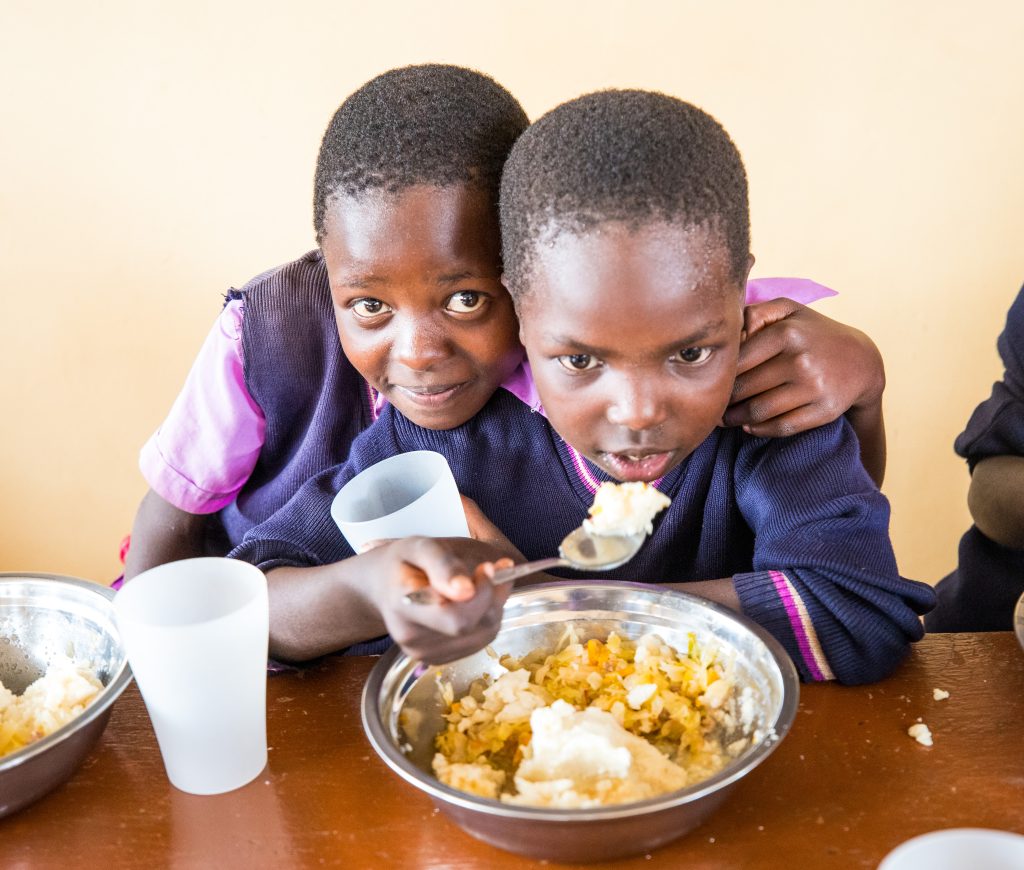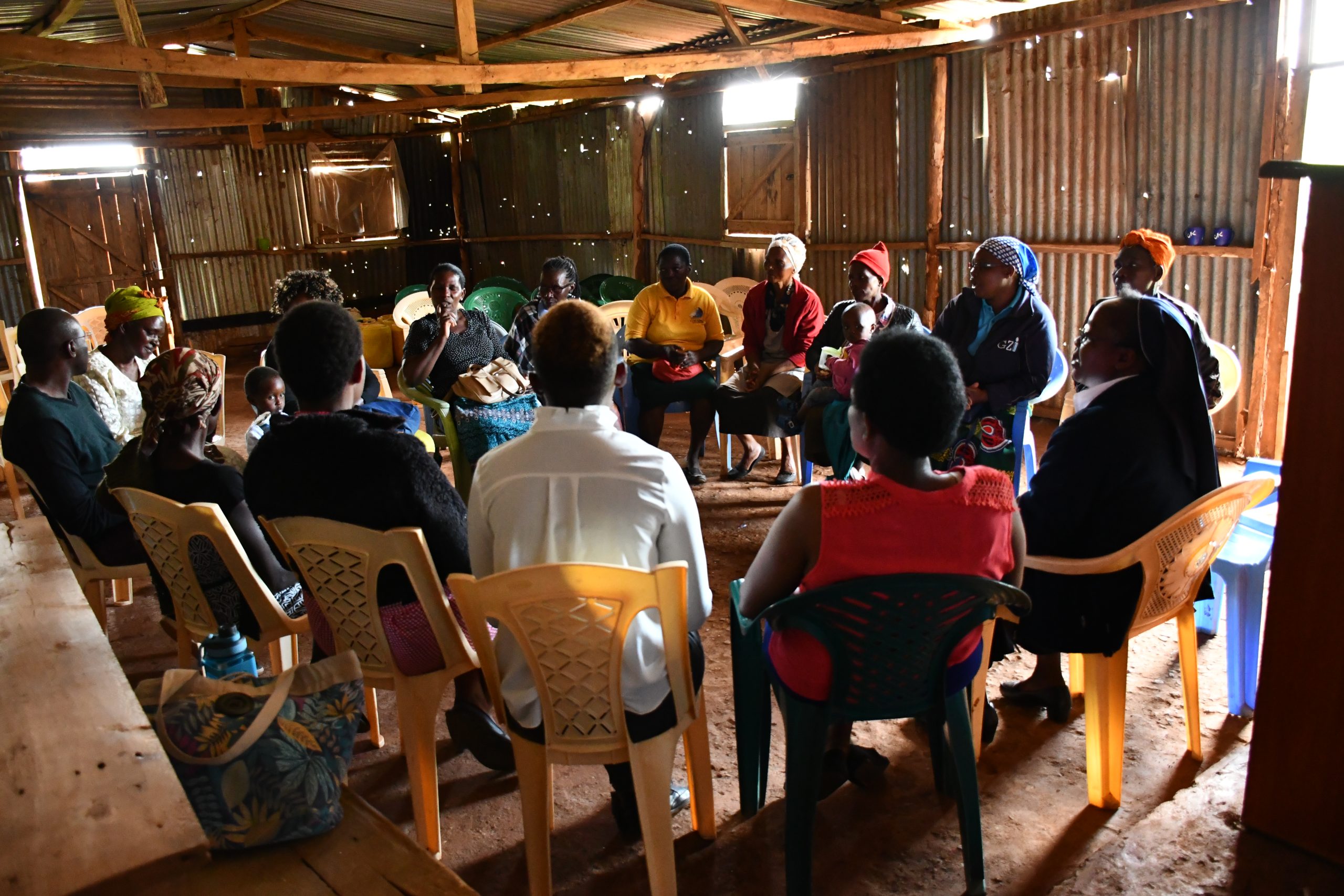Program Background

The Good Shepherd Program in Kitale was established in 2008 following an invitation by Bishop Maurice Crowley, the then Bishop of the Catholic Diocese of Kitale, to work with the internally displaced families in Kipsongo slum, with a focus on women and children. In partnership with Missio Austria, the Program supports 10 women SHGs with 170 members.
The program worked successfully with other stakeholders to deliver services, including:
AMPATH
KALRO
Savanah Honey
Ministry of Trade and Industrialization
Department of Gender
Department of Social Services
Directorate of Children Services
Local primary and secondary schools
Kitale Technical Training Institute
Among others
Women Self-Help Groups (SHGs)
Between 2022 to 2024, the SHGs have benefited through:
Microfinance initiatives
Business development and entrepreneurial skills
Life skills training
Training on basic farming for food and nutritional security
Members of the SHGs were trained in Vertical farming for vegetable production and Bee keeping. By the end of 2024, the women SHGs had acquired 15 hives for apiary establishment as an alternative source of revenue.


Support for Adolescent Girls
5252 adolescent girls in eight day-secondary schools were issued with dignity kits.
A study conducted in 2019 dubbed “How are the Girls” following the COVID-19 pandemic revealed that majority of girls in Kenya experienced mental health challenges and violation of their rights.
The study established that during the pandemic, many girls in Kenya were excluded from the digital space due to lack of digital skills and access to devices.
Digital Skills Training
- Courtesy of Misean Cara and the Hilton Fund for Sisters, the Program introduced computer classes targeting 44 girls in Matisi Ward, Trans Nzoia County.
- This helped in bridging the digital divide by equipping girls with basic computer skills and internet use.
- 21 youth were additionally enrolled for a three-months training course in computer packages.

Key Achievements
- Provision of meals for school-going children leading to high school attendance, retention, and performance.
- Improved partnership with state and nonstate actors, leading to quality service delivery.
- Provision of dignity kits to adolescent girls in day-primary and secondary schools leading to improved school retention, better academic performance, improved personal confidence, self-esteem and dignity.
- Improved self-awareness, and respect for human rights among project participants.
- Improved savings, and access to financial knowledge, and affordable credit, leading to investments and growth of Small and Medium-Size Enterprises (SMEs) among program participants.
- Increased household income, food security, and opportunities for economic livelihood, leading to better standards of living among program participants.
- Introduction of Information Communication and Technology (ICT) courses to bridge the digital divide.
